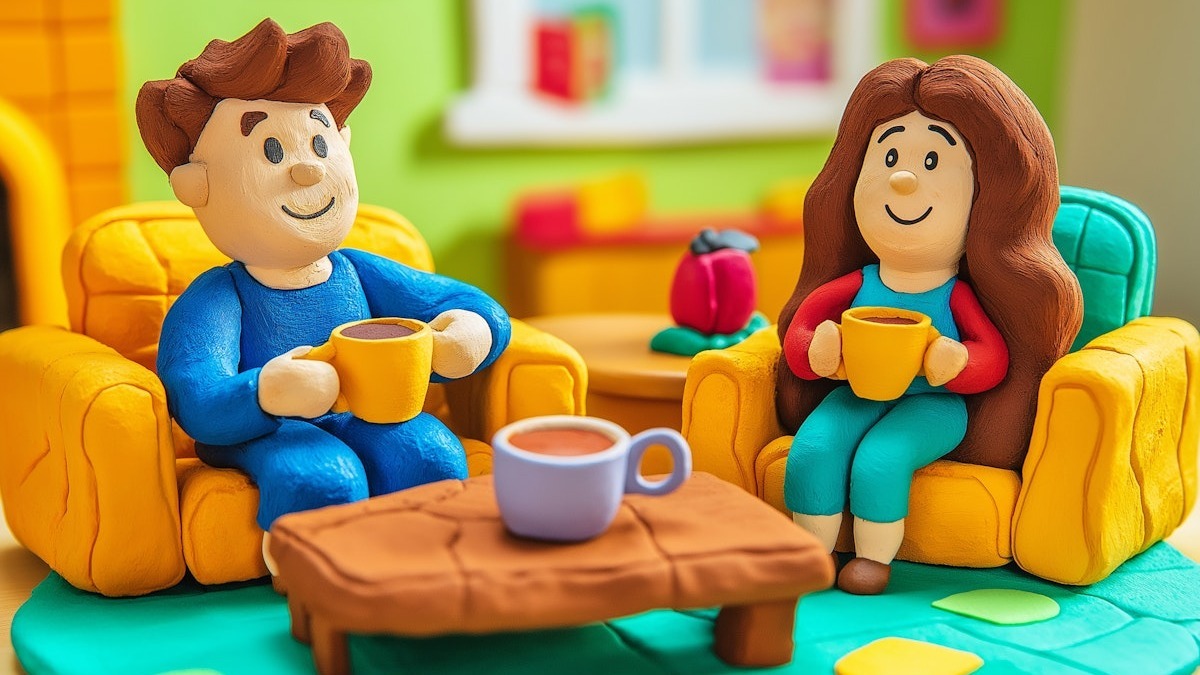
Understanding the Importance of Open Dialogues
As parents, introducing the concept of therapy to our children can feel daunting. Yet, a proactive approach to discussing mental health can lay the foundation for healthier future conversations. When we normalize the presence of therapists and the role they play in our lives, we empower our children to view therapy not as a last resort but rather as a valuable resource.
In 'How should I approach my child about therapy?', the discussion dives into strategies for discussing mental health, exploring key insights that sparked deeper analysis on our end.
Creating a Supportive Environment
Children are naturally perceptive. They sense discomfort or hesitation around topics that involve personal feelings or vulnerabilities. Thus, presenting therapy as one of many avenues to navigate emotional challenges is crucial. In casual conversations or even during family activities, integrating discussions about feelings, decision-making, and support can subtly ease them into the idea of seeking professional help when necessary.
Encouraging Alternative Outlets
If a child expresses reluctance to engage with a therapist, it is essential not to push them into it. Forcing a child into therapy may create resistance and exacerbate their discomfort. Instead, encourage discussions about their feelings without the pressure of seeking immediate solutions from a professional. Promoting alternative outlets—like journaling, art, or physical activities—can serve as great substitutes for therapy while allowing children to express the thoughts they may find challenging to verbalize.
Family Dynamics and Therapy
Consider attending therapy sessions as a family unit without specifically addressing underlying issues. Family therapy can enhance communication skills and improve overall family functioning. Oftentimes, children, especially those dealing with heightened emotions, find comfort in discussing their experiences when they feel secure among their family members. This environment can inspire them to bring up therapy themselves once they recognize its benefits.

Starting the Conversation Early
It’s beneficial to bring up therapy before a child finds themselves in a situation where it may be needed. Discussing the various roles within a medical team can help normalize the concept of therapy at an early age. Just as you may explain the significance of a doctor or physical therapist, integrating discussions about therapists can help children perceive them in a positive light. This creates a comfortable space for children, fostering the understanding that asking for help is a sign of strength, not weakness.
Reassuring Our Children
Let your child know that therapy doesn’t have to be the only solution and can be an open discussion topic when they feel ready. How you communicate this can influence how your child views help-seeking in the future. Ensure them that managing their emotions and mental health is just as important as managing physical health, highlighting that it’s okay to seek support during challenging times.
In the evolving landscape of mental health awareness, our approach to discussing therapy with our children can significantly impact their perspectives and emotional well-being. It's essential to create an open dialogue, encourage alternative outlets, and introduce therapy positively in their lives.
If you're considering how to approach your child about therapy, remember that early discussions foster a healthy understanding of mental health. Embrace these strategies to support your child’s emotional journey.
 Add Row
Add Row  Add
Add 




 Add Row
Add Row  Add
Add 

Write A Comment